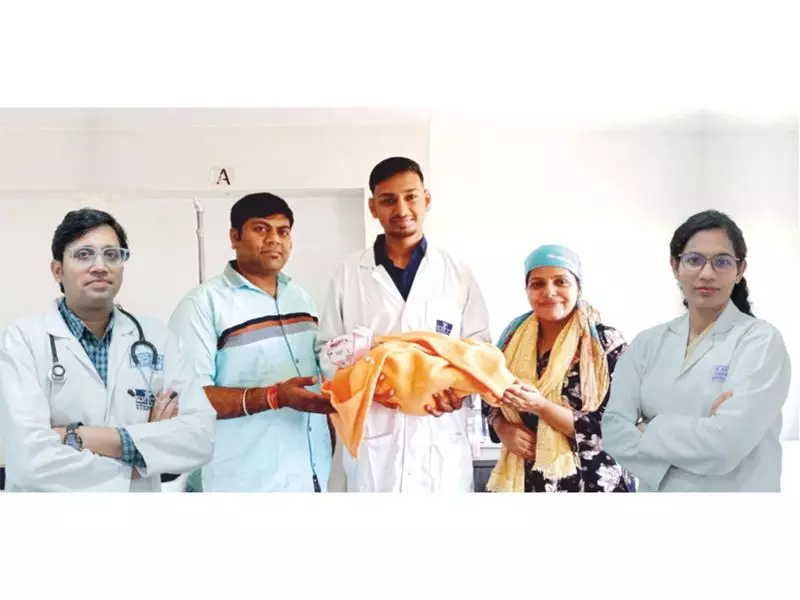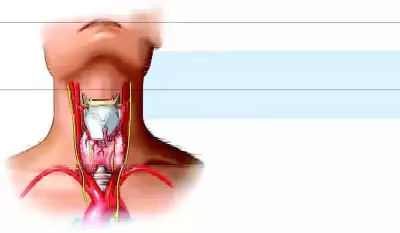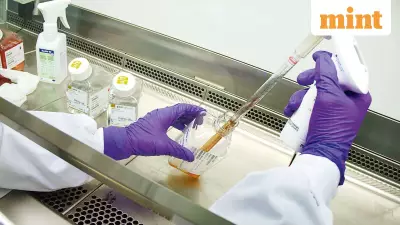
In a remarkable medical breakthrough that has captured the attention of pediatric specialists worldwide, a team of doctors has successfully treated a rare and life-threatening liver condition in a newborn who was just one day old. The groundbreaking procedure represents a significant advancement in neonatal care and minimally invasive interventions.
A Race Against Time
The infant was diagnosed with a rare vascular malformation in the liver, a condition that typically poses serious health risks and can be fatal if left untreated. What makes this case particularly extraordinary is the patient's age – medical intervention began when the baby was merely 24 hours old, making this one of the youngest patients ever to undergo such a complex procedure.
Revolutionary Pinhole Technique
Rather than opting for traditional open surgery, which would have been highly risky for such a young patient, the medical team employed an innovative minimally invasive pinhole procedure. This advanced technique involves:
- Tiny incisions that minimize trauma to the newborn's fragile body
- Precise targeting of the affected liver area
- Reduced recovery time compared to conventional surgery
- Lower risk of complications and infection
Medical Milestone Achieved
The successful intervention marks a significant milestone in pediatric medicine, demonstrating that complex vascular conditions can be effectively treated in newborns using advanced minimally invasive techniques. The procedure not only saved the infant's life but also ensured minimal physical impact on the developing body.
This medical achievement opens new possibilities for treating congenital conditions in newborns, potentially changing the standard of care for similar cases worldwide. The success story highlights the rapid advancements in medical technology and the growing capability of healthcare professionals to intervene effectively in critical pediatric cases.





